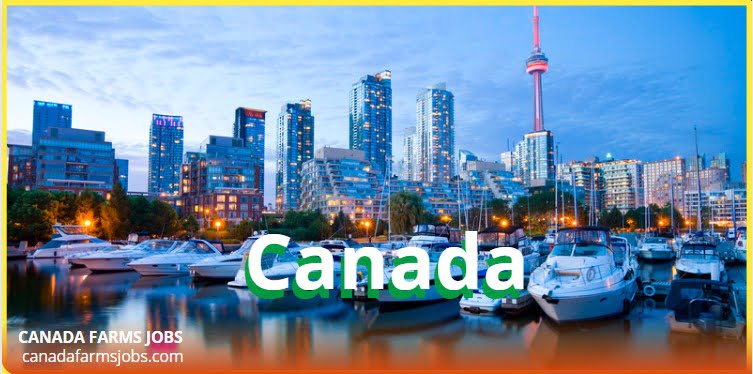Immigrating to Canada can be a rewarding experience, but it requires careful planning and understanding of various processes. Here are some key points to consider if you’re thinking about moving to Canada:
1. Types of Immigration Programs:
- Express Entry: For skilled workers, this is a popular pathway. It includes programs like the Federal Skilled Worker Program, Federal Skilled Trades Program, and Canadian Experience Class.
- Family Sponsorship: If you have family members who are Canadian citizens or permanent residents, they can sponsor you.
- Provincial Nominee Program (PNP): Each province and territory has its own immigration programs to meet specific labor market needs.
- Work Permit: If you have a job offer from a Canadian employer, you may be eligible for a work permit.
2. Eligibility Requirements:
- Each immigration program has its own specific eligibility criteria, such as work experience, education, language proficiency, and financial stability.
- For Express Entry, you’ll need to gather documents that prove your qualifications and take a language test (like IELTS or CELPIP for English, and TEF for French).
3. Application Process:
- Research and determine which immigration program is best for you.
- Gather necessary documents, which may include identification, educational certificates, work experience letters, language test results, and proof of funds.
- Create an online profile if you’re applying through Express Entry, and submit your application when invited.
4. Processing Times and Fees:
- Processing times can vary depending on the program and your country of origin.
- Be prepared to pay application fees, which can range from hundreds to thousands of dollars.
5. Preparing to Move:
- Research the cost of living, housing, and job opportunities in your target city or province in Canada.
- Look into healthcare, education, and community services available in Canada.
- Consider opening a Canadian bank account and learning about taxes.
6. Post-Arrival:
- Once you arrive in Canada, you’ll need to apply for your Permanent Resident (PR) card if applicable.
- Familiarize yourself with Canadian culture, laws, and regulations.
- Engage in community resources to help with integration.
7. Seek Professional Help:
- If you’re feeling overwhelmed, consider consulting with an immigration consultant or lawyer to help navigate the process.
It’s important to stay updated with the Government of Canada’s immigration website for the most current information and procedures, as policies can change. Good luck with your immigration journey!





